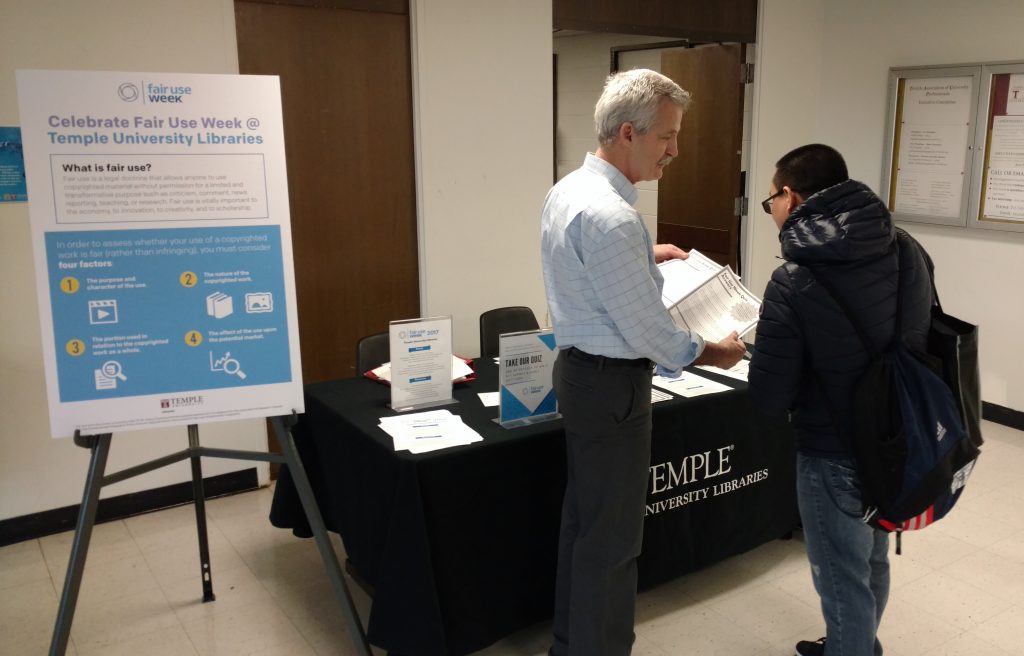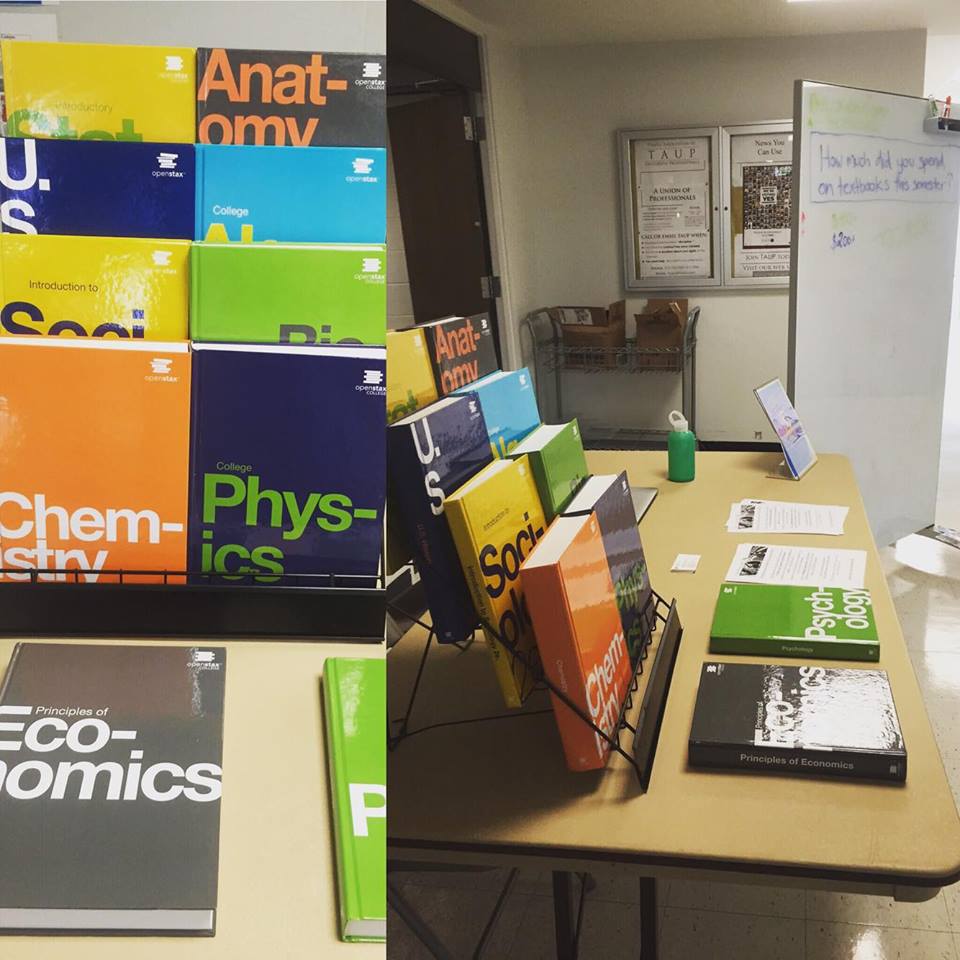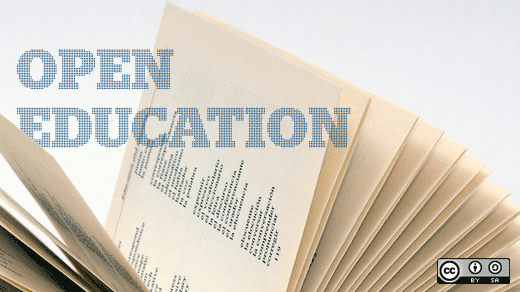The week of March 27th is Open Education Week, a global event coordinated by the Open Education Consortium to raise awareness around free and open sharing in education. This movement advocates for free and open access for learners and teachers to a variety of resources, including platforms, course and learning materials, and textbooks. At Temple University Libraries we believe there is value in supporting the advance towards a culture of openness in higher education. For us, Open Education Week is an opportunity to create awareness about the use of open learning resources. When faculty adopt open textbooks, create their own set of alternate learning material, or open up their own learning resources to others, students have a more affordable education and a better learning experience. To mark Open Education Week, Temple University Libraries will be offering the following activities:
Introducing Humanities Commons
Join Nicky Agate from the Modern Language Association to learn more about Humanities Commons. Humanities Commons is a nonprofit network where humanities scholars can share their work in a social, open-access repository, create a professional profile, discuss common interests, and develop new publications. The network is open to anyone working in or adjacent to the humanities. Humanities Commons was designed by scholarly societies in the humanities to serve the needs of humanists as they engage in teaching and research that benefit the larger community. Unlike other social and academic communities, Humanities Commons is open-access, open-source, and nonprofit. It is focused on providing a space to discuss, share, and store cutting-edge research and innovative pedagogy—not on generating profits from users’ intellectual and personal data.
When: Tuesday, 3/28, 3:30 pm
Where: Paley Library, Digital Scholarship Center
Learn About Open Textbooks
Get a hands-on feel for textbooks from OpenStax and talk to librarians about how other faculty are adopting them in their courses.
When: Wednesday, 3/29, 1:00-3:00 pm
Where: Paley Library, First Floor (elevator area)
Research Assignment Revamp
Looking for inspiration for new content for your summer or fall course? Come to our drop-in sessions to meet with librarians and get ideas for new research assignments, quizzes, course materials, slide decks, and more. Librarians will suggest relevant openly available materials that you can remix and reuse and your students can access for free.
When: Tuesday, 3/28 1:00-3:00 pm; Wednesday, 3/29 2:00-4:00 pm; Thursday, 3/30 11:00-1:00 pm
Where: Paley Library, First Floor, Think Tank
Open Education Week is also a great time to learn more about Temple University Libraries’ Textbook Affordability Project which provides $500 awards to faculty to support the adoption of open and alternate textbooks. More information is available at: http://guides.temple.edu/textbookaffordability. The call for proposals ends April 21st.
We hope you will join us for our Open Education Week events. If you have any questions or would like more information about using open educational resources, please contact Steven Bell, Associate University Librarian (bells@temple.edu), or Annie Johnson, Library Publishing and Scholarly Communications Specialist (annie.johnson@temple.edu).




